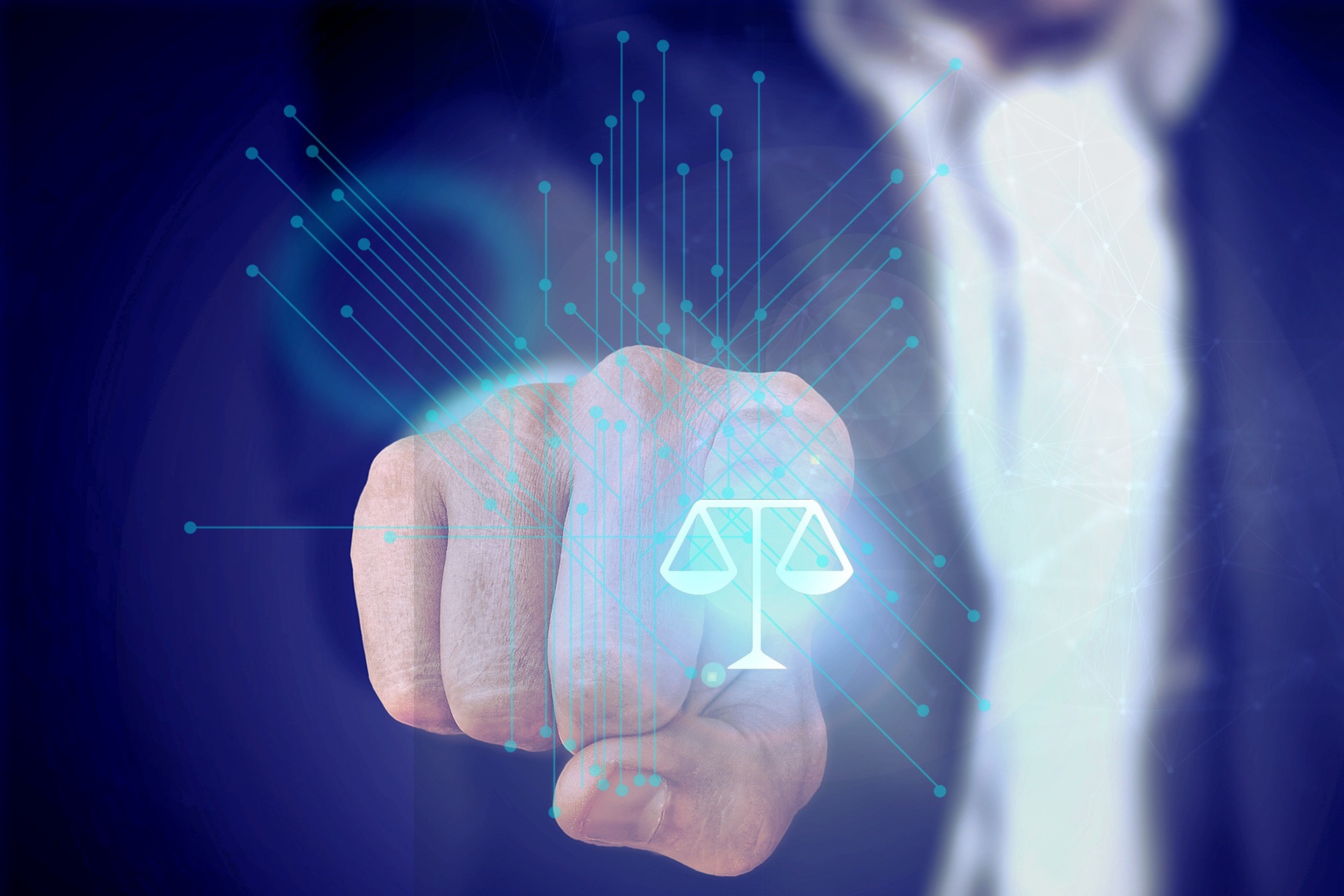Understanding the Role of Precedents in Legal Practice
In the realm of law and jurisprudence, few concepts are as pivotal as the role of precedents. They serve as a guiding light, shaping legal decisions and creating a concrete foundation for court rulings. This article delves into the historical development of precedents, recent changes in their application, and their societal implications.

Historical Context of Precedents
The concept of precedent, or stare decisis, has its roots in the common law system of England. From medieval times, judges began recording their decisions, and over time, these decisions were organized and referenced in future cases. This practice gave rise to the doctrine of precedent, where prior rulings guide judges in deciding similar cases.
Precedents in Modern Jurisprudence
In contemporary legal practice, the role of precedents has expanded beyond simply providing guidance. Courts now often rely heavily on precedent to ensure consistent and predictable rulings. This adherence to precedent also maintains the principle of equality before the law, as similar cases are expected to be decided in a similar manner.
Legislative Changes and Precedents
Despite the importance of precedents, there have been recent legislative changes that have affected their application. In some jurisdictions, there has been a growing trend towards statutory interpretation, where judges interpret the law as written by the legislature, rather than relying on past judgments. This shift has sparked an ongoing debate about the balance between judicial independence and legislative supremacy.
The Impact of Precedents on Society
The influence of precedents extends beyond the courtroom. They shape societal norms, influence policy-making, and can even impact individual rights and freedoms. For instance, landmark decisions in civil rights cases have not only changed legal interpretations but have also driven societal change. Thus, the impact of precedents reaches far beyond the legal realm.
Conclusion
The role of precedents in legal practice is a fascinating and complex topic. It straddles a delicate balance between maintaining consistency and allowing for legal evolution. As the legal landscape continues to evolve, so too will the role and application of precedents. It is crucial for citizens to understand this concept, as it plays a fundamental role in shaping our legal system and society as a whole.




